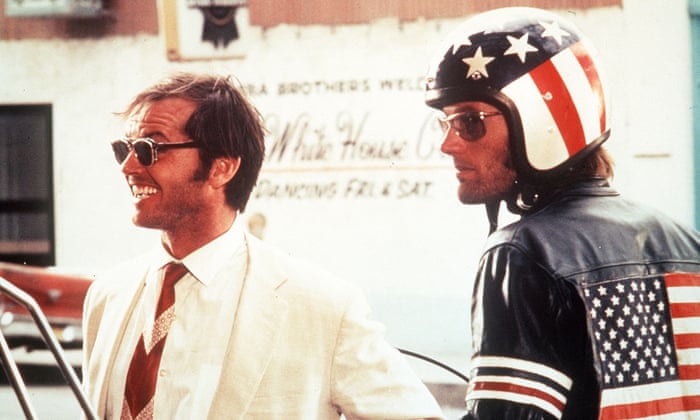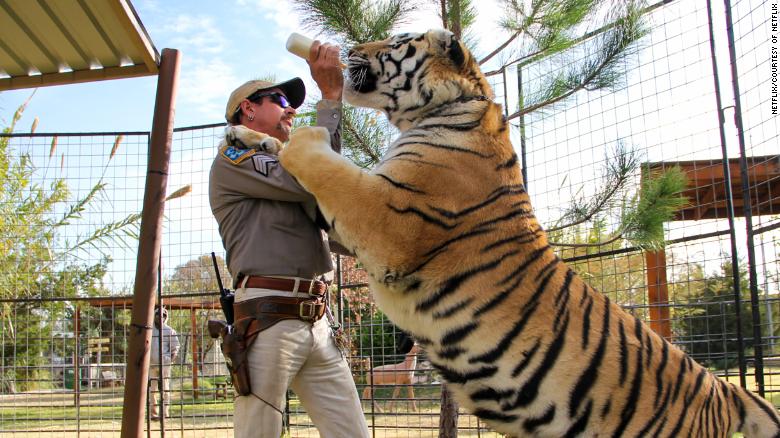
I got a call this weekend from a former colleague at USA Today. He was refreshing the obituary on Jack Nicholson.
Refreshing obits is one of the few truly unpleasant tasks for a newspaperman. Any paper worth its salt has to keep an updated obituary on file, ready to go on deadline, for every politician, actor or athlete of national or international note, alive and aging. Walk into the Times or Post and you’ll find obituaries waiting for Robert De Niro, Robert Redford, Nancy Pelosi, Jimmy Carter, even Michael Jordan. And many more.
It’s a grim pile. And my colleague had to add fresh material for Nicholson’s.
When he reached out, I gave the same response a mother does when the phone rings in the middle of the night: Did something happen?
No, Bryan said, he just wanted to catch up on procedural duties in corona downtime. And he wanted me to give an anecdotal story, as I interviewed Nicholson a few times.
First I was touched. Then I felt old. Now I want to start a new trend in the media.
I call it Living Obits. Why do we wait to collect loving anecdotes about someone once that someone can’t hear them? Have you ever left a job, and been told what a great asset you were? It was a rush, wasn’t it? Wouldn’t you have wanted to hear that sooner?
So…Living Obits. The Times and Post sure as hell aren’t going to shake up something as sacred as their obituaries. And today’s social “media” kids don’t even have $600 saved up. They’re gonna be forward looking?
Thus, fuck them. We are proud to announce it here, now. I’ll begin the obit the way they should read, then add the anecdote I sent Bryan.
Rest in Pause.
Jack Nicholson, a three-time Oscar winner, 12-time Academy Award nominee and largely considered the greatest actor in Hollywood history, did not die today. He is 82.
Nicholson, who is survived with pals Danny DeVito, Michelle Pfeiffer and Al Pacino, is a lifelong Lakers fans and can usually be seen courtside.
Friends and even casual observers say fond things of Nicholson, including one twit who somehow found a working computer:
Jack Nicholson was the least-ostentatious Hollywood star I’ve ever met.
How un-ostentatious? The first time I met him, he greeted me coming out of the crapper.
Nicholson was doing press interviews for The Departed, the last Oscar-nominated film in which he’d star. And he’d granted USA TODAY a rare interview at his home, on the famed “Bad Boy Drive,” a.k.a. Mulholland Drive in Beverly Hills. It was so called because its residents included TinselTown scoundrels Nicholson, Warren Beatty and the late Marlon Brando.
When I got to the house, there was a sign over the gate doorbell: Do not ring before 10 a.m. A maid let me into the cluttered, unremarkable four-bedroom house Nicholson bought with the money from Easy Rider. “He’s coming down,” she said. “He’s upstairs.”
A minute later, Nicholson ambled down the steps, tucking a button-down short-sleeve shirt into his pants and buckling his belt. “Sorry about that,” he said, zipping up. “I was in the can. Wanna sandwich?”
And I realized: Even with someone as famous as Jack Nicholson, it’s hard to break bread with a man who just finished with his pants and the can. I politely declined, opting instead for iced tea.
Nicholson brought it out, along with a pot of coffee and a new pack of cigarettes for himself. He finished both in the 2-hour interview in his living room, which offered a panoramic view of the Santa Monica Mountains.
Nicholson said he never cottoned to many of the trappings of fame. He didn’t own a fleet of cars, only a Mercedes-Benz 600 he’d driven for 30 years (he considered it the best touring car of all time).
Nor did he want a mansion. He didn’t need more space, and the neighborhood, he said, was too important to him to move. He said he’d drop by unannounced to visit with Beatty. And Brando, with whom he shared a driveway, was a “riot” to live near, Nicholson said.
“He would sneak into my house while I was out,” he said. “One time, he left a pair of his underpants in the kitchen. No note, no nothing. Just his drawers, spread out on a shelf in the fridge. He was hilarious.”
It was the most colorful interview I’d ever done, and remains one of my fondest memories in a career full of them.
Still, I’m glad I passed on the sandwich.








